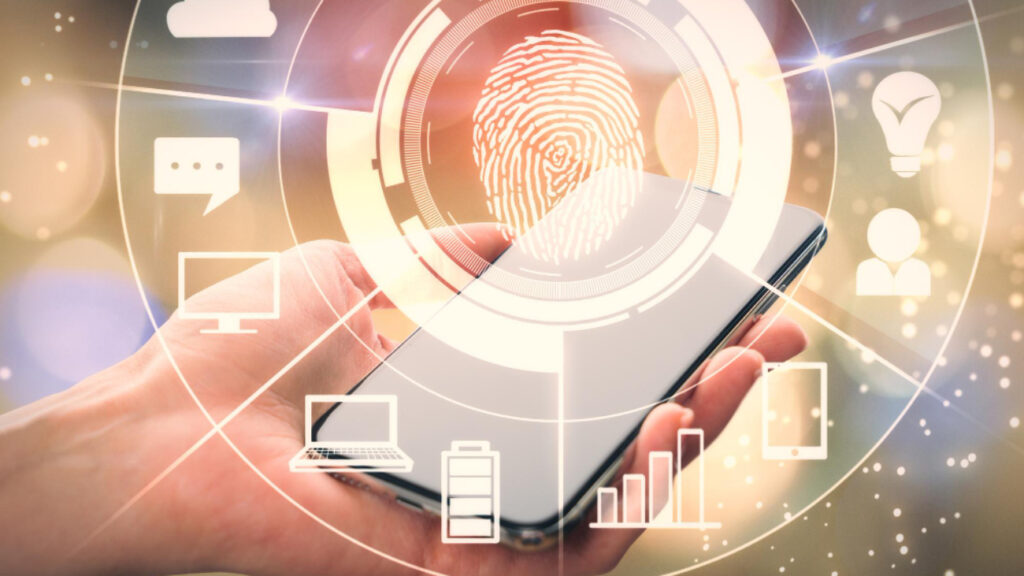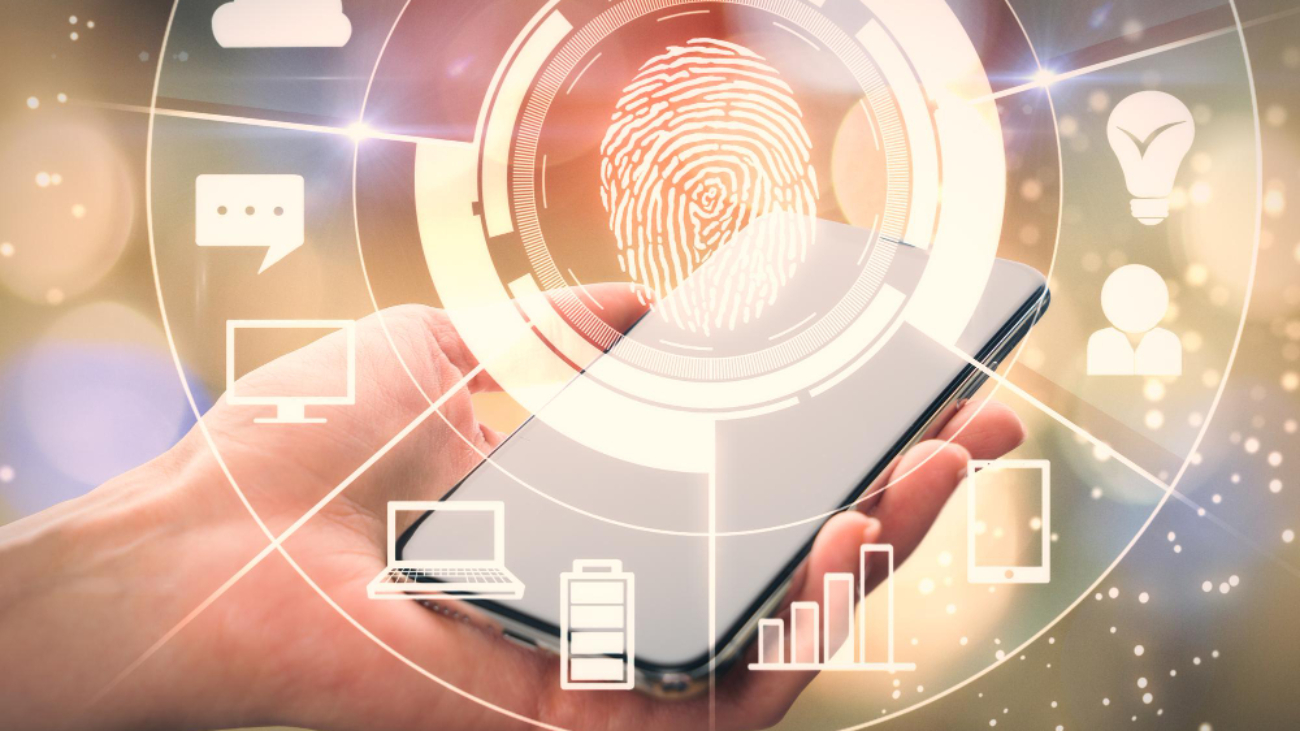The impact of biometrics on the modern man is indisputable as it has seeped into several facets of life and is irrevocably changing the way we interact with authentication systems observed by Bahaa Abdul Hadi. Biometric fusion which brings all types of biometric authentication under the same umbrella is the next saga of biometric development that is growing at an impressive rate. The pros tend to outweigh the cons but in recent times, there is growing concerns from citizens around the world on the privacy of users and ethical considerations related to biometric fusion. We summarise the areas of concern and the new cyber crimes that have resulted from biometric fusion.
Surveillance and security
The use of biometrics in surveillance by the government has sounded alarms about infringement of rights and privacy of individuals. By monitoring citizens, many governments are not transparent about the extent of surveillance or what they do with the obtained data. Biometrics used in security can also easily be misused as we are seeing a lot of data breaches in government data.
False matches
Due to glitches in biometric systems, at times there are false identifications and mistaken identities. There is also criticism that biometric technologies are racially biased and give incorrect matches in case of DNA matches between various family members.
Biometric-based fraud
Identity thefts are spiking as cyber criminals become smarter and find ways to mimic stolen information to create fake identities. Combined with the power of Artificial Intelligence and deepkfake technologies recently, a whole new alarming branch of cyber crimes have risen. It’s become simple and easy to pose as someone and create video calls or voice calls to conduct scams.
Fine print of consent
A lot of organisations are not clear about the biometric data collected from users. The terms and conditions we agree to before using biometrics is also rarely read completely by anyone. Additionally, revoking access to biometric data is not that simple as in most cases it requires a continual consent. Our biometric information is related to pertinent services like healthcare, international travel, law enforcement and so on.
The concept of biometric fusion is indeed a double-edged sword. It has both pros and cons and we need to focus on amplifying its benefits while equipping ourselves to combat the cyber crimes rising from it. We can rest assured biometric fusion is the future of identity management and user authorization if it is employed responsibly by governments and organisations.
Thank you for your interest in Bahaa Abdul Hadi Blogs. For more information, please visit www.bahaaabdulhadi.com







